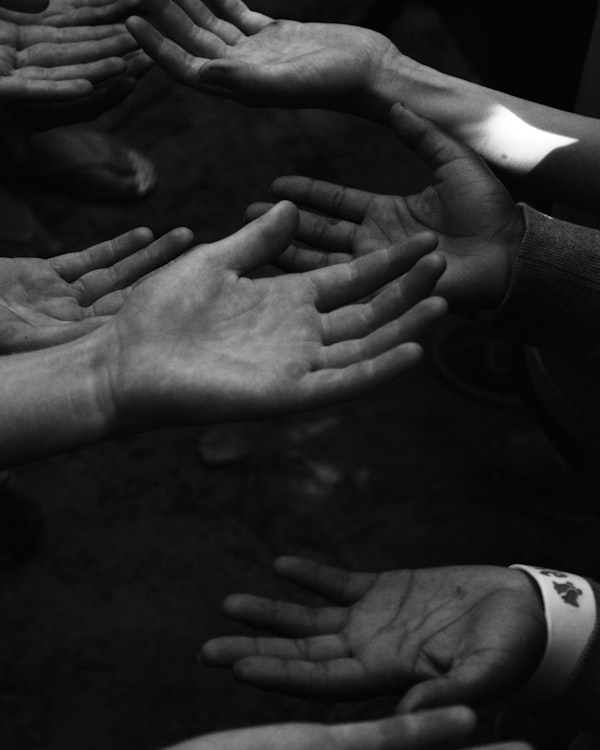Conflict is a natural part of life. Every group and relationship experiences conflict, regardless of context or background. While some conflicts may feel uncomfortable, not all conflicts have to be negative. Many conflicts can have positive or generative possibilities. Conflict can be rewarding, educational, collaborative, and contribute to positive inner transitions in both individuals and relationships. This may involve re-framing conflict as a beneficial learning experience, rather than something to fear. A lot of this has to do with how we offer and receive feedback.
Root Cuthbertson introducing 'Offering and receiving feedback' (Subtitles in various languages available)
Feedback is a natural and common form of communication aiming to convey information that will ideally lead to desirable outcomes or changes in behaviour. Feedback provides information about impacts arising from activities and behaviours within any system. It can be a simple and straightforward communication about how an individual's actions are impacting on others. This can help individuals to learn and grow, improving how individuals show up in a group. And it can also help groups to more effectively work together and deliver whatever they are aiming to do.
By transitioning towards 'feedback culture' groups can normalise feedback. This can involve developing group agreements around feedback: like using compassionate language, ensuring that emotional charges are absent, or giving feedback little and often (not letting it build up). Learning feedback etiquette is also helpful and may include: starting feedback with an appreciation, ensuring it is a good time to give feedback, or being willing to make time and space for receiving feedback.
Diving Deeper
Become more proficient at 'Offering and receiving feedback'
You can use the below resources to become more skilled at this. Explore them at your own leisure, before or after checking out the workshop.
- Join the Conflict Resilience Webinar series (March-July 2024)
- Use our guide on 'Offering and receiving feedback'
- Read Root's inquiry into Re-Framing Conflict
- Delve into Transition's Conflict Resilience Collection





Member discussion